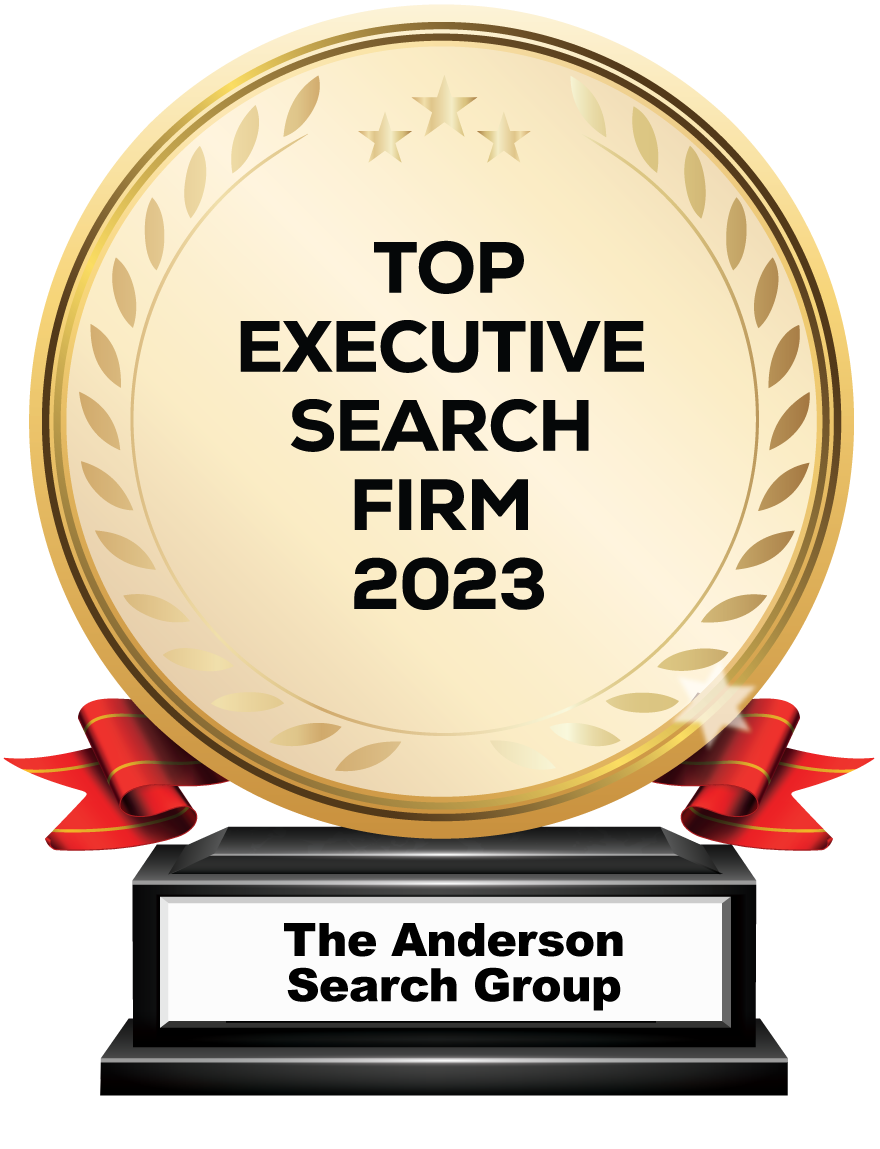Strategies for Retaining Top Talent in Private Wealth Management
Strategies for Retaining Top Talent in Private Wealth Management
Like a captain navigating through turbulent waters, you must steer your private wealth management firm towards strategies to help retain your top talent. By implementing innovative leadership development programs, fostering a culture of recognition, and prioritizing employee well-being, you can create a workplace where excellence thrives. But what about the secret ingredient that ties it all together, the key that unlocks the full potential of your team? Stay tuned as we unravel this crucial element that can make or break your quest for a high-performing workforce.
Leadership Development Programs
Investing in leadership development programs is imperative for cultivating future leaders and enhancing the strategic capabilities of private wealth management professionals. These programs are pivotal in identifying and nurturing top talent within the organization, preparing them for higher roles and increased responsibilities. By honing leadership skills, strategic thinking, and decision-making abilities, firms can ensure a steady pipeline of capable individuals ready to lead.
Moreover, leadership development programs foster a culture of continuous learning and growth within the firm. This emphasis on talent development benefits the individual employees and translates into increased employee engagement and overall firm success. Providing opportunities for leadership growth boosts morale and ensures that the organization is equipped with the necessary skills and competencies to navigate the complexities of the wealth management industry effectively. Prioritizing leadership development is a sound investment in the long-term sustainability and competitiveness of the firm.
Recognition and Rewards Systems
A structured recognition and rewards system in private wealth management can significantly enhance employee morale and motivation. Regarding talent retention, a well-designed recognition program can make a real difference. Here are three key strategies to consider:
- Personalized Recognition: Tailoring recognition to individual preferences shows employees their efforts are valued, increasing engagement and loyalty.
- Matching Rewards to Performance Levels: Rewarding achievements in a way that aligns with performance levels can drive better results and motivate employees to excel further.
- Structured Recognition Program: Implementing a formal recognition program helps create a culture of appreciation and excellence within the organization, effectively reinforcing desired behaviors and outcomes.
Communication and Feedback Channels
Establishing clear and efficient communication channels is imperative for fostering a collaborative and feedback-driven environment within private wealth management firms. Implement regular feedback sessions with advisors to encourage open communication channels to enhance communication and feedback. Utilize remote conferencing services and tools like Slack for efficient exchange of feedback. Encourage idea-sharing and collaboration by maintaining open lines of communication between management and staff. Conduct surveys to gather input on communication effectiveness and adjust strategies accordingly. Address any concerns promptly and constructively to uphold a positive organizational feedback culture. By prioritizing open communication channels and actively seeking feedback, private wealth management firms can create a supportive and engaging work environment that retains top talent. Embracing a culture that values communication and feedback is essential for nurturing strong relationships between employees and management, ultimately leading to improved performance and job satisfaction.
Competitive Compensation Packages
To ensure top talent retention in private wealth management, offering competitive compensation packages, including base salary, bonuses, and benefits tailored to attract and retain skilled professionals, is pivotal. When focusing on competitive compensation, consider the following:
- Base Salaries: Ranging from $80,000 to $150,000 for private wealth managers, competitive base salaries set a standard in the industry.
- Performance Bonuses: Top performers can earn bonuses exceeding 100% of their base salary, incentivizing them to remain with the firm and showcasing the value placed on excellence.
- Industry Benchmarking: Compensation benchmarking ensures that packages remain competitive, aiding in retaining key talent by reflecting market trends and expectations.
Wellness and Mental Health Initiatives
Investing in wealth management firms’ wellness and mental health initiatives enhances employee well-being and fosters a supportive work environment conducive to high performance. Wellness programs have been proven to reduce stress, boost mental health, and elevate employee satisfaction. Providing mental health support services like counseling helps individuals navigate high-pressure situations effectively. Flexible work arrangements, such as remote work options and flexible hours, play a vital role in promoting a healthy work-life balance which, in turn, supports mental well-being. Initiatives promoting diversity and inclusion create a more supportive and inclusive workplace environment, positively impacting employees’ mental health. Continuous training programs focused on mental health awareness and stress management equip employees with the necessary tools to handle challenges effectively. Prioritizing mental health and wellness improves employee satisfaction and contributes to a more resilient and high-performing team.
Flexible Work Arrangements
Implementing flexible work arrangements in wealth management is crucial for accommodating diverse employee needs and fostering a supportive work environment conducive to high performance. When considering the importance of flexible work arrangements in private wealth management, remember these key points:
- Enhanced Employee Satisfaction: Offering flexible work options such as remote work or flexible hours can significantly boost employee satisfaction by granting them more control over their work-life balance.
- Increased Job Loyalty: Studies have shown a positive correlation between flexibility in work arrangements and higher rates of job loyalty, indicating that employees are more likely to stay with a firm that offers such options.
- Attracting Top Talent: By prioritizing work-life balance through flexible work arrangements, wealth management firms can attract and retain top talent who value autonomy and flexibility.
Technology Tools and Training
Enhancing your wealth management firm’s technological capabilities boosts efficiency and client service, fosters innovation, and attracts a new generation of tech-savvy advisors. Providing cutting-edge technology tools is crucial for retaining top talent in private wealth management. These tools enhance efficiency and client service and contribute to the firm’s overall competitiveness. Technology integration in the workplace attracts younger advisors who value digital solutions and fosters a culture of innovation within the organization.
Investing in training programs to ensure advisors are proficient in utilizing these tech tools is essential for retention and growth. Retaining advisors with tech-savvy tools ensures they can adapt to industry advancements and evolving client needs. Additionally, tailoring technology solutions to meet the needs of retiring advisors can facilitate a smooth transition and knowledge transfer within the firm. By prioritizing technology tools and training, your firm can stay ahead in the industry, attract top talent, and foster a culture of continuous learning and innovation.
Collaboration and Team Building
Encouraging regular collaboration among team members significantly enhances idea sharing and problem-solving capabilities. To foster a collaborative environment that retains top talent in private wealth management, consider the following strategies:
- Implement Team-Building Activities: Strengthen relationships and trust within the team by organizing activities that promote teamwork and camaraderie.
- Encourage Cross-Functional Collaboration: Leverage diverse expertise and perspectives by encouraging collaboration across different functions within the team.
- Create a Supportive Team Environment: Value teamwork and mutual respect to cultivate a supportive culture that empowers team members to contribute their best.
Conclusion
In private wealth management, retaining top talent is like tending to a garden. Just as gardeners nurture their plants with care and attention, leaders must cultivate their teams with strong leadership, recognition, communication, and support. By prioritizing these strategies, your firm can blossom into a thriving, high-performing environment where employees flourish and grow. Keep tending to your talent garden, and watch it bloom with success.

